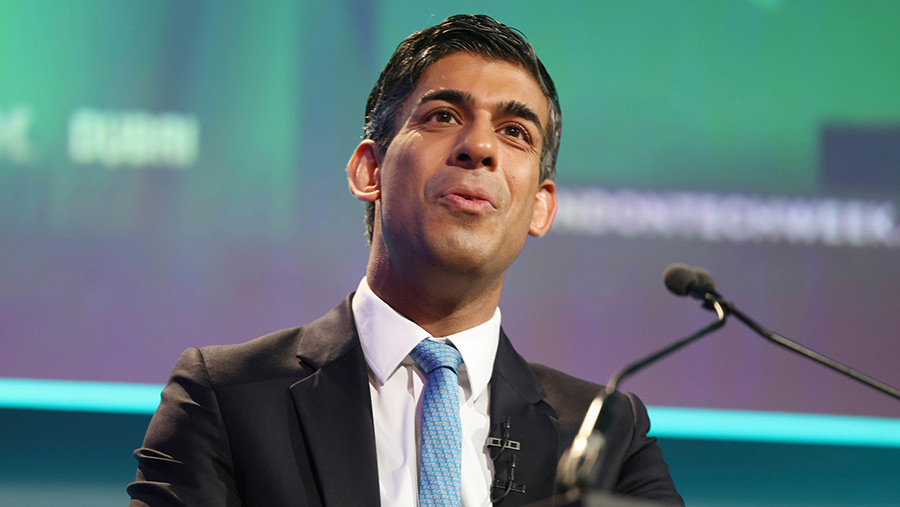Opinion: Crises call for action, not window-dressing
 © Associated Press/Alamy Stock Photo
© Associated Press/Alamy Stock Photo I’m listening to Rishi Sunak on the Today programme and the political editor, Chris Mason, is trying to pin him down on why the Cabinet Office is resisting the full disclosure of WhatsApp messages and emails to the Covid inquiry – the suggestion being that the government is not fully co-operating.
Of course I’m co-operating, the prime minister says. In fact, I’m spending rather a lot of my own time on it. There follows a pause. Then he insists how it’s obviously right that he should be doing that.
The pause seemed to be the moment where his brain moved from thoughts on the issue to thoughts intended to cover his behind.
See also: Opinion: Workforce shortage sparks ‘people poaching’
It matters that half the time the government is thinking about protecting itself, rather than dealing with the issues.
The recent food summit in Downing Street was an example of controlled, backs-to-the-wall politics. A set of small policy statements were prepared in advance to address the menu of issues that inspired the summit.
Statements measured to provide some cover without impacting the issues.
Lots of “we will launch a review”, “continue to work on plans” and “explore how we can”. In other words, kicking the can down the road.
The critical issues – the ongoing crisis in milk prices, the impact of energy and inflation on costs and the resulting crashing incomes – came out of the summit looking much the same as they went in.
While the government “plans”, “explores” and “engages”, Strutt & Parker gives stark warnings of 50% falls in profits for arable farmers in 2023, with only slight improvement in 2024.
In dairy, milk prices are falling dramatically and AHDB outlines a decline of nearly 5% over the past year in the number of dairy farms in the UK.
Falling BPS payments and long run-ups to the new agri-environment support compound the challenging economics.
These issues need leadership. Does this government have the energy to lead? As I write, the news is not full of policy issues being gripped – rather the drama surrounding Boris Johnson.
Farmers are facing multiple generational challenges, whether that is new weather patterns, the head-scratching following Brexit, or the scant reward from the market for food production.
The outcomes of Environmental Land Management, the Sustainable Farming Scheme in Wales and Preparing for Sustainable Farming in Scotland are dependent on the economic sustainability of farming families across the country.
All the many environmental, social, and cultural benefits so well-articulated in the policy documents become void if the farms aren’t there.
To ensure they are, we need all the national administrations working in sync to address the critical issues that have the potential to undermine the viability of the sector.
If we are having crisis summits on food, then let’s recognise that it is a crisis – not an issue that can be rolled out to the media as part of a communications schedule and then shelved until the next time.
Serious work needs to be done to set farming on a positive path. Drawing in stakeholders is welcome, but it can’t be window-dressing and placation.
There is a general election looming. The government will either have to shape up on the issues that matter to agriculture or, certainly as regards the farmer vote, it might well find itself shipped out.

